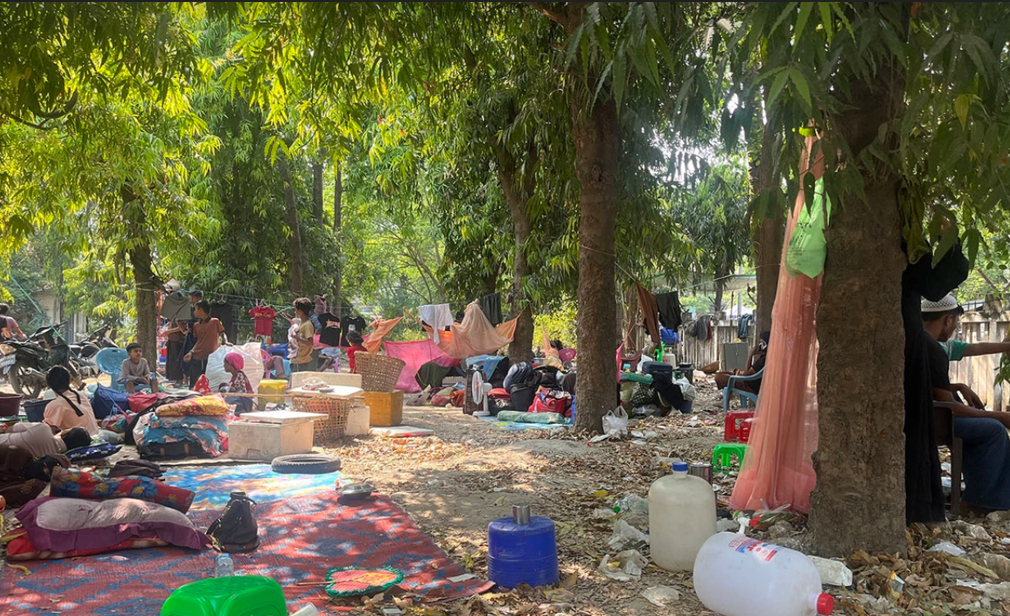UNHCR rushes emergency supplies to quake-hit central Myanmar
UNHCR rushes emergency supplies to quake-hit central Myanmar

Latest from UNHCR
Myanmar earthquake emergency
A devastating earthquake has struck Myanmar, causing widespread destruction and leaving thousands of families in urgent need of assistance.
1.6 million displaced people live in central and northwest parts of Myanmar, where the earthquake has hit hardest. Homes are destroyed, lives lost, and communities are struggling to cope with the aftermath.
Your donation can provide life-saving support, including emergency shelter, essential relief items, and protection.
Please donate today. Your kindness and compassion can bring hope and relief to those who need it most.

can provide 5 essential relief item kits to an earthquake-affected household in Myanmar
can provide a 4x50m tarpaulin sheet to cover the shelter, offering space for families to feel secure
can provide two kitchen sets for cooking and eating
UNHCR Annual Global Trends Report
Refugees in Indonesia
Although Indonesia has not ratified the 1951 Refugee Convention, it has long had a tradition of accepting refugees and people in need of international protection.
Currently, there are 12,379 refugees registered with the UNHCR office in Indonesia. 29% of the total registered individuals in Indonesia are children.
186 children arrived unaccompanied by adults, and 152 children are separated from their families but have a guardian.
As of February 2025, most refugees in Indonesia come from Afghanistan (42%), Myanmar (26%), and Somalia (10%).






